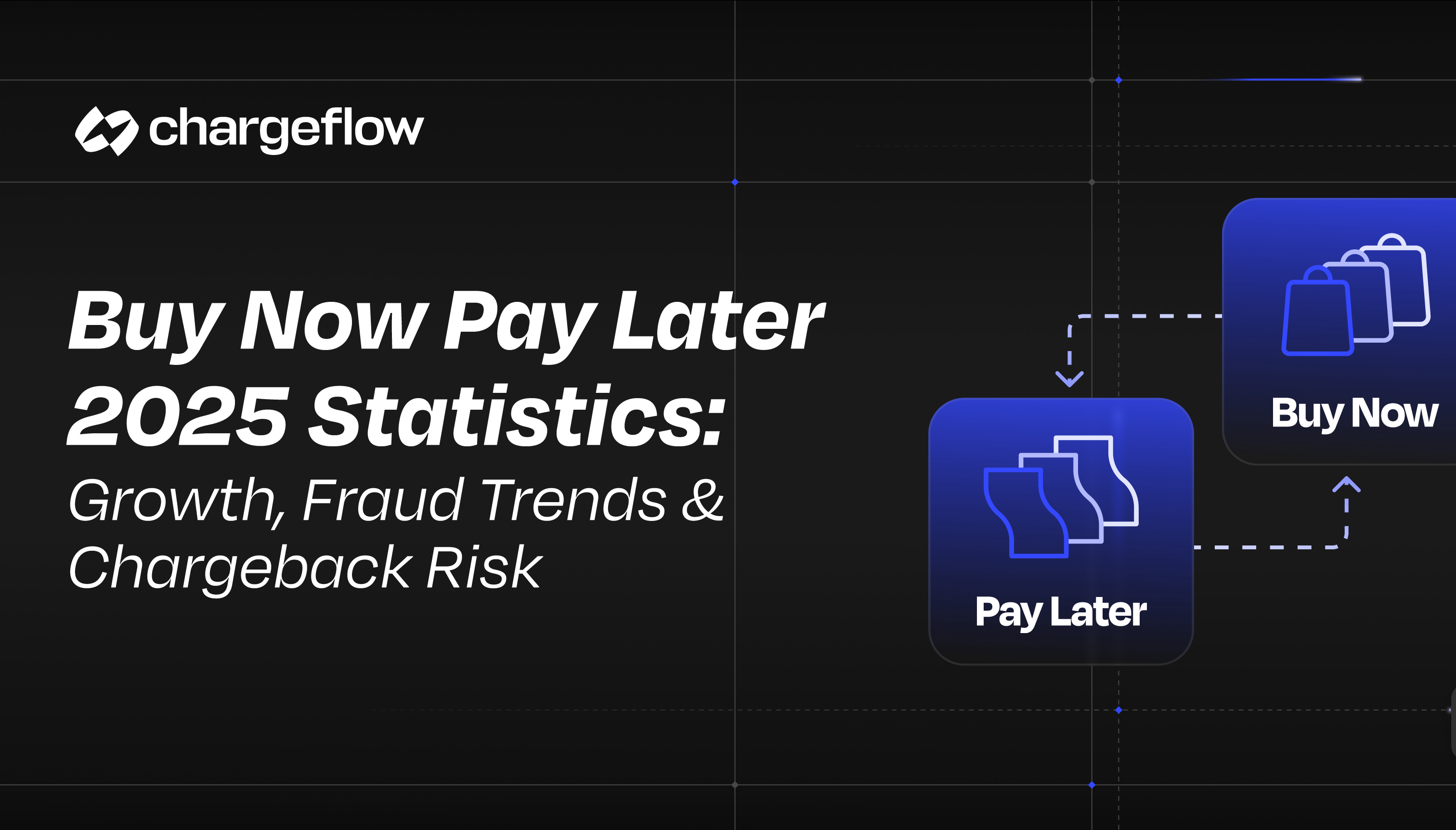How to Manage Shopify Auditing and Internal Controls

Chargebacks?
No longer your problem.
Recover 4x more chargebacks and prevent up to 90% of incoming ones, powered by AI and a global network of 15,000 merchants.
Ensure financial integrity for your Shopify store with regular audits and internal controls like chargeback management, bank reconciliation, and complia
Though not the most exciting area of business, setting internal controls and doing regular audits for your Shopify store is essential to safeguarding against threats and upholding financial integrity. These processes will help to protect your business, prevent fraud, and maintain compliance in a range of areas.
We’ll cover all you need to know about conducting audits and implementing internal controls as a Shopify business owner. This will include examples of internal controls such as chargeback management, bank reconciliation, and compliance tools. Lastly, learn how to incorporate ongoing monitoring, potentially with the help of an external auditor.
Understanding Auditing and Internal Controls
What is Auditing?
An audit involves comparing one set of data to another to ensure your records are accurate. You can perform audits in a range of areas including your finances, inventory, site design, and more. For example, comparing your accounting software data to your bank statements, or, doing a stocktake and comparing it to your inventory management system.
By performing audits, you aim to identify any discrepancies or fraud that’s occurring in your business. From there, you can adjust the existing internal controls
Examples of internal controls include:
- Reconciling financial records
- Ensuring no one person controls any given area
- Physical security measures
- Software solutions
- Documentation and training
Tips for Managing Auditing and Internal Controls
Here are some quick tips to help you navigate audits and internal controls in your Shopify business:
- Do regular risk assessments: Before you can decide what the best internal controls to set in your business would be, you need to assess the risks. These could be financial, operational, reputational, strategic, or compliance.
- Implement internal controls: Now, you can develop internal controls that are tailored to the risks you identified. Make sure to focus on the most probable risks first.
- Make the most of automated solutions: Make the most of automation and AI technology to help you with setting internal controls and streamlining audits.
- Conduct periodic audits: Lastly, conduct audits periodically to ensure your internal controls are effectively mitigating risks and helping you stay compliant. After each audit, reassess your current controls and make adjustments as necessary.
Chargeback Management for Shopify Businesses
One of the best internal controls you can implement in your Shopify business is chargeback management. Around 80% of chargebacks are friendly fraud. Friendly fraud involves a customer disputing a charge with their bank directly rather than contacting your business directly. It can be a result of misunderstanding, forgetfulness, or even deliberate deceit.
Chargeflow is an automated chargeback management solution designed for e-commerce businesses. It uses AI algorithms to dispute chargebacks and recover funds, saving you from manually disputing each transaction.
Bank Reconciliation for Shopify Payments
Bank reconciliation involves comparing transactions recorded in your accounting system with your bank statement to uncover any discrepancies.
Amaka offers accounting integrations that automatically sync Shopify transactions to your accounting software, speeding up the reconciliation process. For example, the Shopify + QuickBooks Online integration automatically matches your bank feed, saving you from having to manually compare transactions.
To take it one step further, you can entirely outsource your reconciliation. If discrepancies are found, you can rest assured that matters are handled and that you’re kept updated on best practices.
Compliance Tools for Shopify
One of the first things that comes to mind when you think of audits is tax compliance. As for all businesses, it’s legally required for Shopify businesses to uphold tax compliance. We always recommend working with a tax accountant, however, some apps can make taxes less confusing. For example, Taxjar and Avalara can help with tax calculation, tax collection, and tax remittance.
Other compliance areas to consider include:
- Apps like Nova: GDPR Cookie Consent and Consentmo GDPR Compliance can help Shopify merchants with General Data Protection Regulation (GDPR) compliance. For example, add cookie consent vanners and privacy policy generators.
- Apps like AccessiBe and Accessibility Enabler help you with Web Content Accessibility Guidelines (WCAG). For instance, these can help you identify improvements in alternative text for images, keyboard navigation, and other user experience issues.
Continuous Monitoring and Regular Audits
Continuously monitoring and reviewing your Shopify business's internal controls and risk mitigation strategies is essential. It’s recommended that you keep track of your business environment, industry trends, and regulatory requirements to make it easier to identify emerging risks.
With Chargeflow, you can easily assess all your chargeback data in one place. You may then compare these records to those in your bank statements to ensure the transactions are accurate and complete.
Engaging with External Auditors
Though there are circumstances where your Shopify business is required to engage with an external auditor, it’s less common for businesses to voluntarily engage with one. Therefore, reaching out to an external auditor can put you ahead of other businesses.
External auditors can work alongside you to identify blind spots you may otherwise miss and offer highly-specialized expertise. Ensure you have a clear expectations and maintain open communication throughout the auditing process.
Key Takeaways on Shopify Audits and Internal Controls
To summarize, maintaining financial integrity and safeguarding against threats is depends on effective management of audits and internal controls. Shopify business
should prioritize:
- Regular risk assessments
- Implementing appropriate internal controls
- Conducting regular audits
Automation tools like chargeback management, bank reconciliation solutions, and compliance software can significantly aid these processes. Continuously monitor your controls to ensure they adequetely protect your business.

Chargebacks?
No longer your problem.
Recover 4x more chargebacks and prevent up to 90% of incoming ones, powered by AI and a global network of 15,000 merchants.






























.png)








